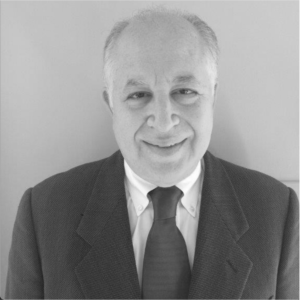Upcoming Events
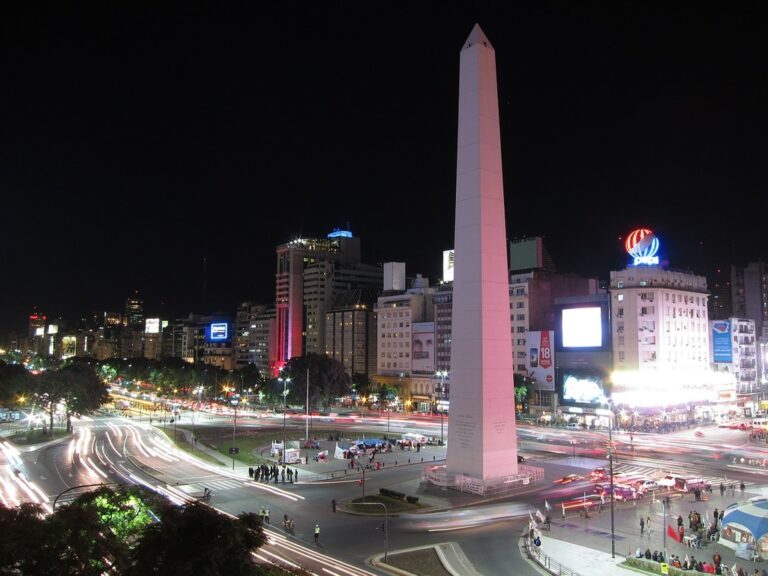
Buenos Aires, Argentina
Educational Summit
March 21-26, 2026
Agenda – Topics of Study
As is true of all our international programs, we aim to cover a variety of topics to ensure our delegates receive a complete overview and understanding of each health system we study. Please click here to view the preliminary Agenda for the Educational Summit (updated January 2026).
Get To Know Your Fellow Delegates
A PDF with delegate biographies, headshots, and company profiles will be available as the delegation is finalized.
Hotel
The TPG-IHA Argentina Educational Summit official hotel is the Four Seasons Hotel Buenos Aires.
DO NOT make your own reservations for the upcoming Educational Summit. TPG-IHA will be making reservations on behalf of all delegates per the information you provide in your registration materials.
All delegate reservations begin on Saturday, March 21, 2026 with check-out on Thursday, March 26, 2026. At their own expense, delegates may extend their stay on either side of the Educational Summit, or secure an upgraded room (subject to availability).
Below will be a list of articles that provide information and perspective on the Argentine healthcare system. We will add articles to this list periodically, so check back often!
These reading materials are provided to you as a supplement, NOT a requirement. Feel free to read as many, or as few, of these materials as your interest & availability allows.
Currency
Argentina uses the Argentine Peso. As of November 2025, $1.00 USD is equal to 1,417 ARS.
Cash can be exchanged at currency exchange offices (“cuevas”), Western Union, ATMs (beware of potential fees and withdrawal limits), and banks.
The option to pay with credit and debit cards, mainly Visa and Mastercard, is very widespread. Some taxis, and service tips, may require cash, but credit cards and ride-share apps like Uber should allow you to use your credit card quite readily.
Weather
Buenos Aires temperatures fall between 65F and 78F, with around 8 days of rain throughout the month of March.
As always, having a light jacket or rain coat doesn’t hurt.
Time Zone
Buenos Aires is in the GMT-3 time zone, which means when it is 1:00pm Eastern (in New York, let’s say) it will be be 3:00pm in Buenos Aires.
Tipping in Argentina
Tipping is voluntary but expected, with a common tip of about 10% for table service at restaurants, bars, and cafes, paid in cash since credit cards don’t have a tip option.
Power Outlets
Buenos Aires uses the typical “round European” Type C, and the three flat pins of the Type I plug, which operate at 220v and 50hz. A converter will be necessary to use your US electronics.
What to Pack
- passport and any other travel documents
- weather-appropriate clothes (see weather information above), including a light jacket, rain jacket, comfortable walking shoes
- casual attire for Saturday, Sunday, and departure on Thursday
- business casual attire for Monday – Wednesday
- cash and/or credit cards
- any necessary medications in their original packaging
- electronics, charging cables, etc
- outlet converter
- sun screen, glasses, hat, etc
Dress Code
- Saturday – arrival & opening reception – casual
- Sunday – cultural excursion – casual
- Monday – educational sessions – business casual (slacks & coat, no tie)
- Monday – patron dinner – business casual (slacks & coat, no tie)
- Tuesday – educational sessions – business casual (slacks & coat, no tie)
- Tuesday – afternoon free – casual
- Wednesday – educational sessions – business casual (slacks & coat, no tie)
- Wednesday – closing reception – business casual (slacks & coat, no tie)
- Thursday – departure – casual
Internet/WI-FI
You will have complimentary wi-fi coverage in the hotel, and Buenos Aires offers free public wi-fi in many areas around the city. There are also paid options in some locations as well.
Vaccines
No specific vaccines are required to travel to Argentina at this time.
Personal Safety
Your personal safety is usually a matter of common-sense awareness of your surroundings. Keep wallets in an inconspicuous location; don’t leave expensive jewelry or other valuables unattended in your hotel room. The surest way to protect these items from loss or theft is to leave them at home. Take advantage of hotel safes and always lock your door when in your hotel room.
When traveling in markets and public areas, take care of your belongings and leave valuables back at the hotel. It is wise not to accept gifts of food or drink from any strangers. Do not go with anyone soliciting business or services away from the delegation or public spaces. Take care with your passport, credit cards and money – a money belt to fit beneath your clothes is highly recommended. Avoid walking alone after dark in isolated places.
 Mike is a Senior Consultant for The Pharmacy Group (TPG). TPG provides consulting services to healthcare service, information technology, and pharmaceutical companies to grow revenue and improve the financial performance of their products and services.
Mike is a Senior Consultant for The Pharmacy Group (TPG). TPG provides consulting services to healthcare service, information technology, and pharmaceutical companies to grow revenue and improve the financial performance of their products and services.
 Henry is a senior consultant with The Pharmacy Group (TPG). TPG provides consulting services to healthcare service, information technology, and pharmaceutical companies to grow revenue and improve the financial performance of their products and services.
Henry is a senior consultant with The Pharmacy Group (TPG). TPG provides consulting services to healthcare service, information technology, and pharmaceutical companies to grow revenue and improve the financial performance of their products and services.
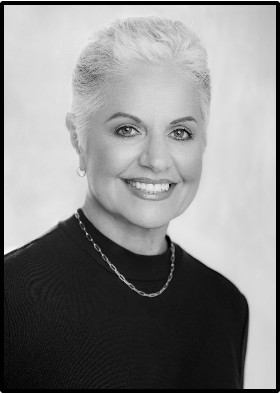
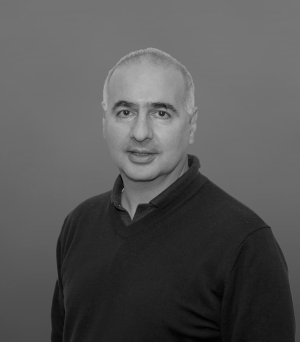
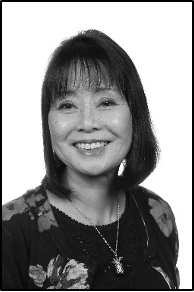
 Gayle is a Senior Consultant with TPG Data Services (TPG-DS). TPG-DS and our team of senior healthcare and clinical consultants are transforming the way providers and payors monitor healthcare information to control costs and enhance efficiencies.
Gayle is a Senior Consultant with TPG Data Services (TPG-DS). TPG-DS and our team of senior healthcare and clinical consultants are transforming the way providers and payors monitor healthcare information to control costs and enhance efficiencies.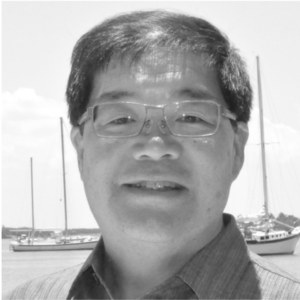 Winston Wong is a Senior Consultant with The Pharmacy Group (TPG). TPG provides consulting services to healthcare service, information technology, and pharmaceutical companies to grow revenue and improve the financial performance of their products and services.
Winston Wong is a Senior Consultant with The Pharmacy Group (TPG). TPG provides consulting services to healthcare service, information technology, and pharmaceutical companies to grow revenue and improve the financial performance of their products and services.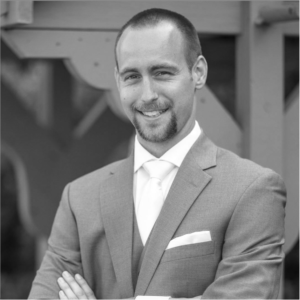 Jeff joined The Pharmacy Group (TPG) in August 2008 to support its administrative functions. Over the years he has taken on additional responsibilities including marketing initiatives, client communications, and general web support. As a vice president Jeff is primarily responsible for attendee recruitment for all TPG activities, from the planning and strategy of recruitment to the execution and oversight of those initiatives.
Jeff joined The Pharmacy Group (TPG) in August 2008 to support its administrative functions. Over the years he has taken on additional responsibilities including marketing initiatives, client communications, and general web support. As a vice president Jeff is primarily responsible for attendee recruitment for all TPG activities, from the planning and strategy of recruitment to the execution and oversight of those initiatives.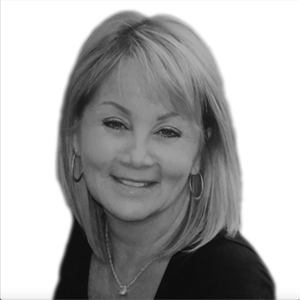
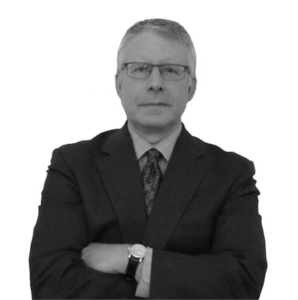 Rich Balest has served as a health industry consultant utilizing over 25 years of experience in data mining, data modeling, data warehousing, and information delivery. Rich has comprehensive experience analyzing detailed claims and eligibility from CMS, insurance companies, and managed care organizations including prescription benefit managers (PBM), and account and medical record detailed patient data from hospital patient accounting systems, clinical ancillary systems, and professional and institutional billing systems.
Rich Balest has served as a health industry consultant utilizing over 25 years of experience in data mining, data modeling, data warehousing, and information delivery. Rich has comprehensive experience analyzing detailed claims and eligibility from CMS, insurance companies, and managed care organizations including prescription benefit managers (PBM), and account and medical record detailed patient data from hospital patient accounting systems, clinical ancillary systems, and professional and institutional billing systems. Marjorie Pestel Zimmerman, MS, BS Pharm, is a registered pharmacist with diverse experience in the healthcare industry. During her practice in a large tertiary care center, she held numerous positions, including decentralized clinical pharmacist and Assistant Director of Operations within the pharmacy department. As a consultant for a psychiatric hospital, she performed medical staff drug usage evaluations and led patient medication groups.
Marjorie Pestel Zimmerman, MS, BS Pharm, is a registered pharmacist with diverse experience in the healthcare industry. During her practice in a large tertiary care center, she held numerous positions, including decentralized clinical pharmacist and Assistant Director of Operations within the pharmacy department. As a consultant for a psychiatric hospital, she performed medical staff drug usage evaluations and led patient medication groups.